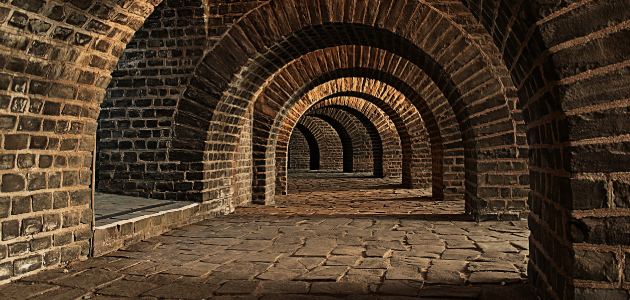 Most of us have encountered a lawyer who seems to have no perspective about the case. When confronted with a weakness in the case, such lawyer seems stunned. Whether this is a result of carelessness or simply an inability to critique the case, this lack of perspective will adversely impact the outcome.
Most of us have encountered a lawyer who seems to have no perspective about the case. When confronted with a weakness in the case, such lawyer seems stunned. Whether this is a result of carelessness or simply an inability to critique the case, this lack of perspective will adversely impact the outcome.
In mediation, I call this “cellar blindness.” I analogize to the winemaker working in his cellar, unrealistically enthusiastic about his wine while not noticing any flaws. In winemaking, as in litigation, such flaws may not be detected until time and money have been wasted and a bad outcome—in either wine or litigation—is unavoidable.
Fortunately, cellar blindness in mediation can be avoided. Mediation is only one stage along the spectrum of dispute resolution from demand letter through case filing up to trial and appeal. However, much of what an effective mediation advocate can achieve directly flows from early evaluation of the case. Indeed, learning how to critique a case at its outset will improve the outcome at any stage.
One method is to simply do it yourself—in writing. Some lawyers do initial evaluation letters for clients or memos to file. Because this exercise forces a lawyer to do an early disciplined written analysis, it brings organized thinking to the case and serves as a basis for later strategy as facts or legal theories change. As a mediator, I find lawyers making this effort more prepared for the mediation and obtaining a better result even if the case has developed differently than first thought.
Another effective method of evaluation is to consult someone not involved in the case. For a simple case, perhaps a friend or colleague will do; for more complicated cases, a more experienced lawyer or jury or trial consultants are recommended. Done before a mediation, these consultations flesh out the strengths and weaknesses in the case.
In mediation itself, experienced advocates take advantage of the mediator’s evaluation at some point. Even if you think the mediator’s analysis is dead wrong, it is still a neutral’s reaction to your case. Remember that other “neutrals,” such as the trial judge or jury, may see it the same way later—or worse.
Cellar blindness can be a temporary condition—and you can avoid it.
About the author:
Steve Schrey is a full-time mediator and arbitrator and a member of BASF’s mediator panel, focusing on business disputes, insurance, and real estate matters. Visit www.sfbar.org/mediation to learn more about the Bay Area Mediation Service of BASF.





